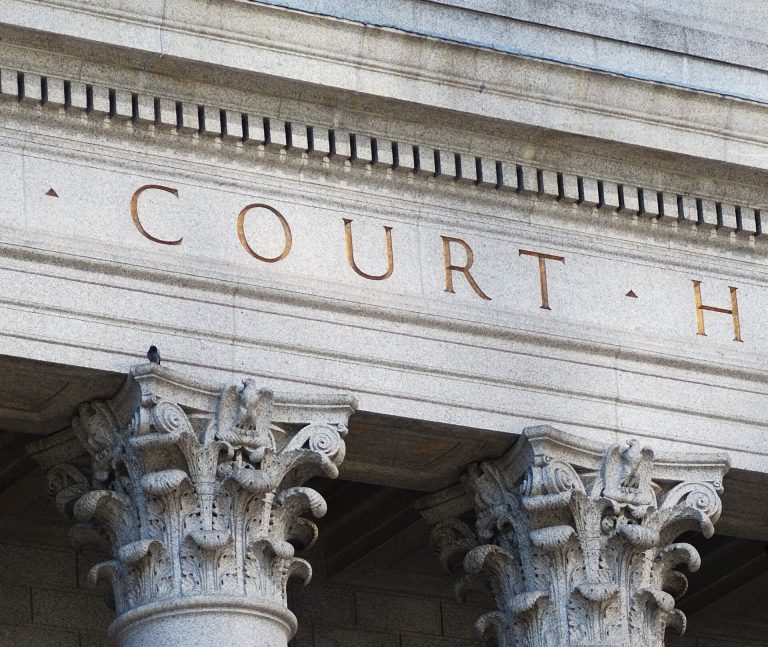The recent decision of Justice Lemon in Graul v. Kansal weighs in at 182 pages and comes with plenty of teaching moments about defending personal injury claims, weighing the strengths and weaknesses of a claim and the uncertainty of trials.
The plaintiff came to the case as a 52 year old husband and father of 3 grown children. He had a lengthy work history in a supervisory capacity with the City of Guelph working at the Guelph wastewater treatment plant. The decision depicts an individual who lived a full life before the accident – earning $100,000 per year in a job he enjoyed, active in sports and recreational activities and an engaged father and husband who enjoyed excellent health. After the accident, he did not return to work and his recreational pursuits and social life were significantly curtailed. The plaintiff, supported by his doctors and experts retained in the litigation, alleged that he suffered a mild traumatic brain injury with a constellation of related and other symptoms including memory and focus problems, issues relating to his hearing and vision and back and neck pain.
The plaintiff was successful in his claim. The case heard by a judge alone awarded $225,000 in general damages, past and future income losses of $1,300,000 million and future care costs of $735,000. The court accepted that the plaintiff would have worked until he was 70 which accounted for the sizable income loss award.
Of note is that the SABS experts that testified all supported the plaintiff’s general position that there were real injuries that impacted the plaintiff, providing various diagnoses including ‘major depressive disorder’ and confirmed his inability to ‘participate and produce in most work roles in a sustained way’. One of the defendant’s experts agreed that there was a mild TBI and while she did not believe it was accident related, she agreed that it could be. A neuro psychologist retained by the defence gave testimony on the issue of whether the plaintiff sustained a traumatic brain injury but had not been involved in TBI treatment for over 15 years. Despite this, he agreed that the plaintiff’s test results would suggest difficulty working with ‘machines and processes’ which was central to the plaintiff’s pre accident employment. The defence had abundant surveillance which depicted the plaintiff engaged in a variety of daily activities (although not work) but the trial judge put little or no weight on this evidence. The decision makes clear the aspects of the case on which the defendant based its defence. In reading the decision, one has an equally clear idea of how and why the judge discounted that evidence.
There are an embarrassment of riches in this case to dissect by way of a post mortem to see why things went so well for the plaintiff and so badly for the defence. In an alternative universe, with a different judge or with a jury, it may have turned out differently. But not at this time, with these facts and this judge. You can read the decision here .





